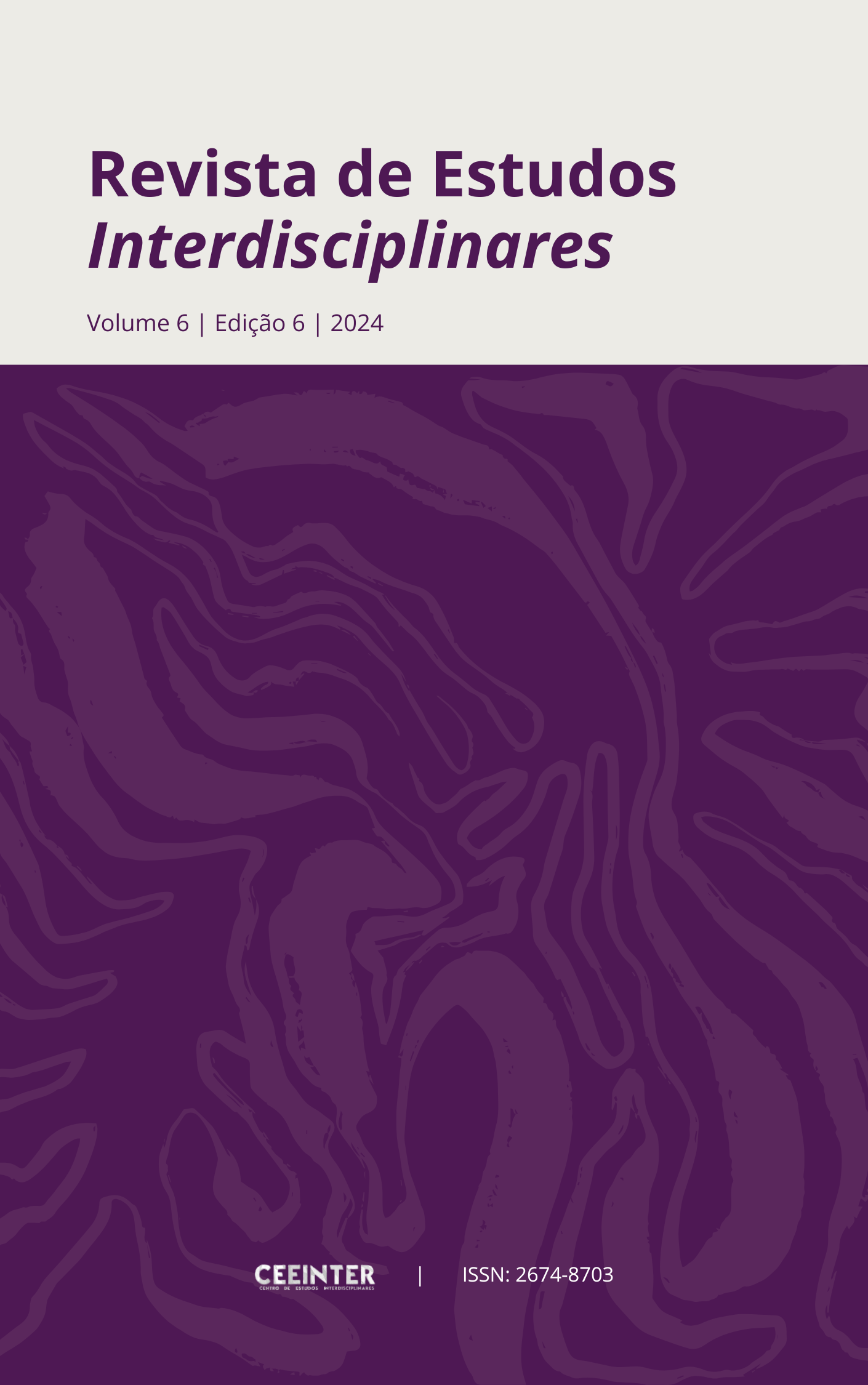THE ROLE OF WORK IN MODERN SOCIETY:
DURKHEIMIAN REFLECTIONS
Visualizações: 505DOI:
https://doi.org/10.56579/rei.v6i6.1229Keywords:
Durkheim, Sociology, Collective consciousness, Social facts, Division of labor, SolidarityAbstract
This article emerges as an extension and deepening of the reflections developed during a presentation on the topic in a class of the Memory, Work, Education, and Gender discipline of the Doctoral Program in Memory: Language and Society at the Universidade Estadual do Sudoeste da Bahia (UESB), under the guidance of Professor Dr. Fábio Mansano de Mello. The article aims to explore the fundamental concepts of Durkheimian sociology, analyzing the function of work in modern society and exploring it as a central element in social cohesion and the maintenance of order. The theoretical framework of this article is based mainly on the works of Émile Durkheim, especially "The Division of Labor in Society (2010)," Costa (1997), Mello (2023), and Santos (2023). The methodology involved a bibliographic review of Durkheim's works and a critical analysis of the main ideas presented by the author. In addition, contemporary examples were examined to illustrate the relevance and application of Durkheimian theories in understanding current social phenomena. The results of this study demonstrate the relevance of Durkheim's theories for understanding contemporary social processes. Furthermore, it is observed how the division of labor plays a crucial role in creating social bonds and promoting social cohesion.
Downloads
References
ANTUNES, Ricardo. Os Sentidos do Trabalho: ensaio sobre a afirmação e a negação do
trabalho. 3ª Edição. São Paulo: Boitempo, 2000.
CONSCIÊNCIA COLETIVA. Prezi, 2014. Disponível em: https://prezi.com/pes1igruovfc/consciencia-coletiva/. Acesso em: 20 out 2023.
COSTA, Cristina. Sociologia: Introdução à ciência da sociedade. São Paulo, Ed. Moderna, 1997.
CUIDADO HOMEM TRABALHANDO E 10 OLHANDO. Humordido, 2012. Disponível em: https://sg1humordido.blogspot.com/2012/07/cuidado-homem-trabalhando-e-10-olhando.html. Acesso em: 20 out 2023.
DURKHEIM, E. As formas elementares da vida religiosa: o sistema totêmico na Austrália. São Paulo: Paulinas, 1989.
______. As regras do método sociológico. São Paulo: Martin Claret, 2001.
______. Da divisão do trabalho social. WMF Martins Fontes, São Paulo, 2010.
FERRARI, Afonso T. Fundamentos de Sociologia. São Paulo: McGraw-Hill do Brasil, 1983.
HARVEY, D. Condição pós-moderna: uma pesquisa sobre as origens da mudança
cultural. Tradução Adail U. Sobral; Mª S. Gonçalves. S.P.: Loyola, 1993.
HIRATA, Helena. Flexibilidade, Trabalho e Gênero. In: HIRATA, Helena; SEGNINI,
Liliana(org.) Organização, Trabalho e Gênero. São Paulo: Senac, 2007.p. 89-108.
HIRATA, Helena.
MACHADO, Lucília R. de Souza. Educação e Divisão Social do trabalho: contribuição
para o estudo do ensino técnico industrial brasileiro. 2 ed. São Paulo: Autores
Associados: Cortez, 1989.
MELLO, Fábio Mansano. A Função da divisão do trabalho. Notas de aula. Disciplina Memória, Trabalho, Educação e Gênero. Programa de Pós-graduação em Memória: linguagem e sociedade, 2023.
SANTOS, José Ricardo Rosa dos. A Função da divisão do trabalho. Notas de aula. Disciplina Memória, Trabalho, Educação e Gênero. Programa de Pós-graduação em Memória: linguagem e sociedade, 2023.
Downloads
Published
How to Cite
Issue
Section
License
Copyright (c) 2024 Interdisciplinary Studies Journal

This work is licensed under a Creative Commons Attribution 4.0 International License.
The Journal of Interdisciplinary Studies adopts the Creative Commons Attribution 4.0 International License (CC BY 4.0), which allows for sharing and adapting the work, including for commercial purposes, provided proper attribution is given and the original publication in this journal is acknowledged.













